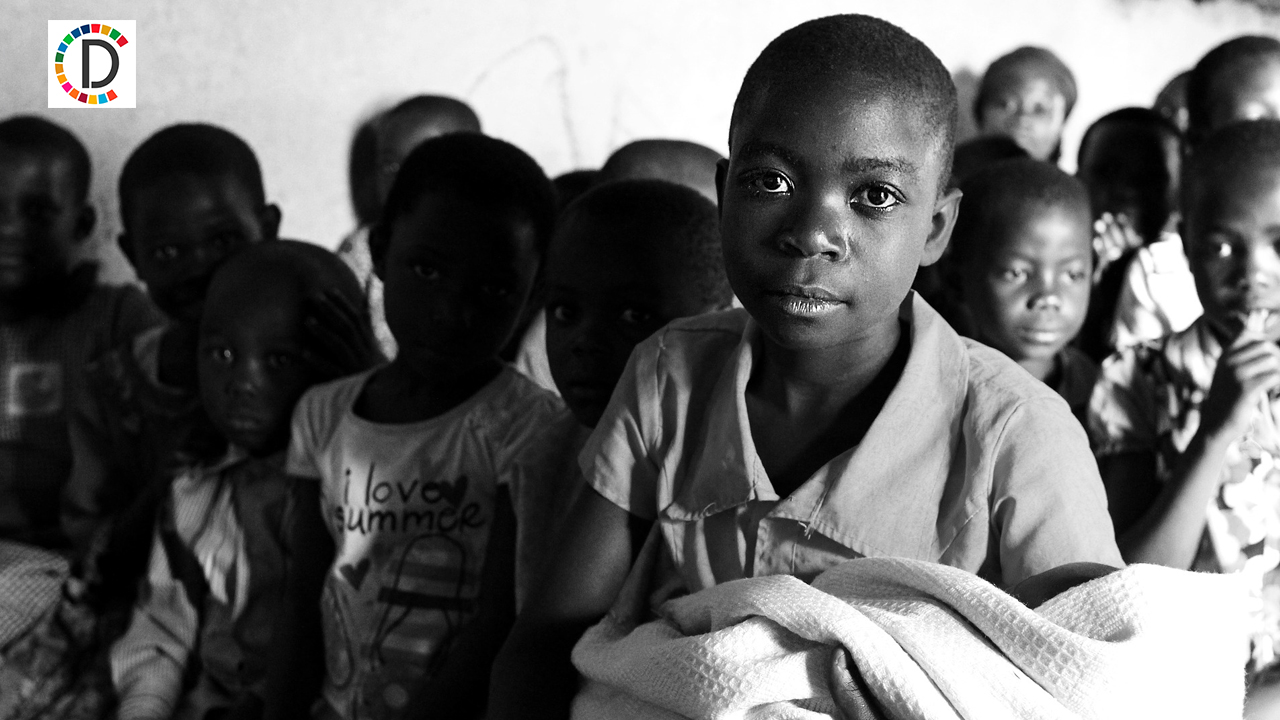Reuters Health News Summary

Following is a summary of current health news briefs. Four killed in attacks against Ebola response centers in Congo
Militia fighters in eastern Congo killed four people and injured several others in attacks on two Ebola response centers on Thursday, in what responders described as a serious setback to efforts to contain the epidemic. Violence and unrest have hampered the health authorities' response to the second worst Ebola outbreak on record, which has killed 2,199 people since it was announced in August 2018. Massachusetts adopts tough ban on flavored vaping, tobacco products
Massachusetts on Wednesday adopted the country's toughest ban on the sale of flavored tobacco and vaping products, including menthol cigarettes, in response to a rise in youth vaping and an outbreak of vaping-related serious lung injuries. Governor Charlie Baker, a Republican, signed into law legislation passed by the state's Democrat-controlled legislature earlier this month that also places a 75% excise tax on e-cigarettes. China reports fourth case of plague this month
Chinese health authorities on Thursday reported a fresh case of bubonic plague in the country's northern Inner Mongolia region, bringing the total number of plague cases to four since the beginning of the month. A rural herder in Siziwang county was diagnosed with the disease in a local hospital, according to a statement released by the Inner Mongolian health commission. Inducing labor at 41 weeks safer than 'wait and see' approach
For late-term pregnancies, inducing labor at 41 weeks may be safer than waiting until week 42, a large Swedish study suggests. The randomized trial across 14 hospitals was halted early because stillbirths and newborn death were markedly higher with "expectant management" until the 42nd week of pregnancy compared to inducing labor at 41 weeks, the researchers report in The BMJ. Pfizer, Novartis lead $2 billion spending spree on gene therapy production
Eleven drugmakers led by Pfizer and Novartis have set aside a combined $2 billion to invest in gene therapy manufacturing since 2018, according to a Reuters analysis, in a drive to better control production of the world's priciest medicines. The full scope of Novartis' $500 million plan, revealed to Reuters in an interview with the company's gene therapy chief, has not been previously disclosed. It is second only to Pfizer, which has allocated $600 million to build its own gene therapy manufacturing plants, according to filings and interviews with industry executives. Treating HIV-infected infants very early substantially improves health: study
A small study of African infants infected with HIV found that treating them with powerful drugs within the first hours and days of birth helped preserve their immune systems, improving their chances of better long-term health, U.S. researchers said on Wednesday. HIV infections in newborns pose a huge health burden in developing countries. One study estimated that 300 to 500 infants are infected every day in sub-Saharan Africa. ImmuPharma licenses lupus drug Lupuzor to Avion in the United States
British pharmaceutical firm ImmuPharma said on Thursday it had signed a licensing and development agreement for Lupuzor, a first-in-class treatment for auto-immune disease Lupus, with U.S. company Avion Pharmaceuticals. Avion and ImmuPharma will co-develop Lupuzor, including a new Phase III trail, and Avion will commercialize the drug exclusively in the United States, ImmuPharma said. No evidence stretching prevents running injuries
It's a common and persistent myth that static stretching improves running performance and decreases the risk of injuries, researchers say. Instead, an active warm-up can help with running performance, and progressive training can reduce injury risk, they write in the British Journal of Sports Medicine. There's evidence stretching can help keep joints flexible and that it won't harm performance, but it won't help either, they write. Large waist in normal-weight elderly tied to higher dementia risk
Older adults with normal weight but a wider waist may be at a higher risk of developing dementia, a Korean study suggests. Doctors should consider an older person's waist circumference in assessing their risk for dementia, the research team advises. Novartis's $90 million Swiss factory to help solve cell therapy bottleneck
Swiss drugmaker Novartis's new $90 million cell and gene therapy factory in northern Switzerland is on track to begin commercial production of its cell therapy Kymriah for cancer in 2020. The new factory, expected to employ 450 people, will allow the drugmaker to make its Kymriah treatment for European patients without first having to fly their immune cells across the Atlantic Ocean.
(This story has not been edited by Devdiscourse staff and is auto-generated from a syndicated feed.)
ALSO READ
EXPLAINER-South China Sea: Why are China and Philippines tensions heating up?
China says EU subsidy probes interfere with China, Europe cooperation
Biden and Japan's Kishida forge new partnership, eyeing China and Russia
China tried to meddle but Canadians decided the last two elections, says PM Trudeau
China accuses EU of protectionism in investigation of subsidies for green industries










